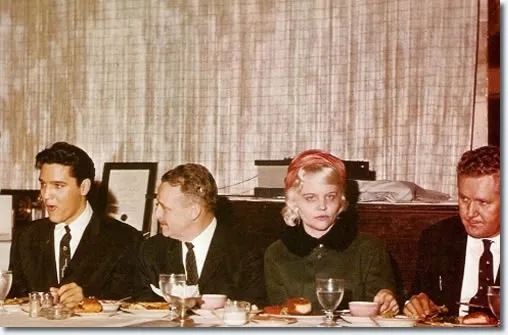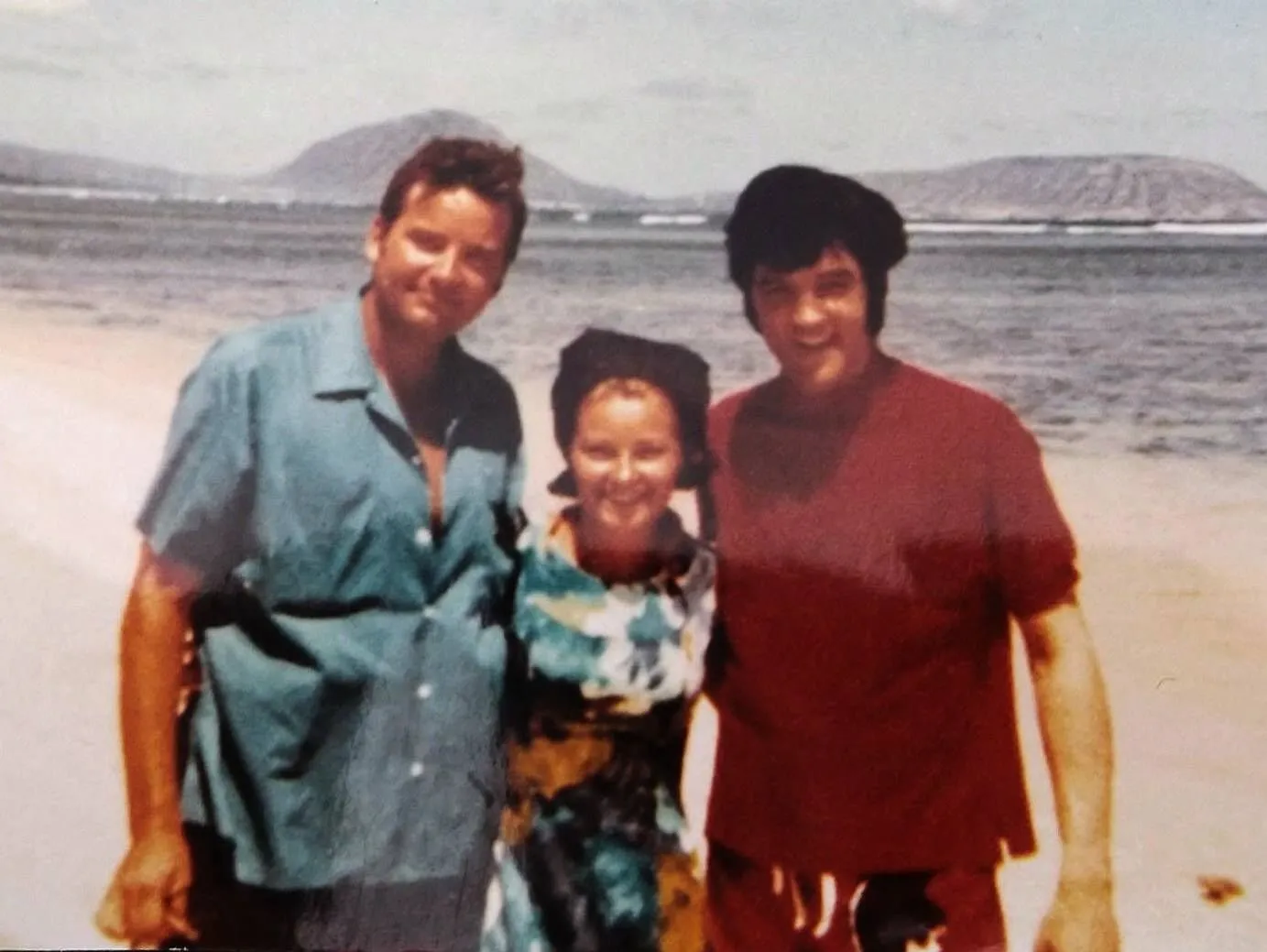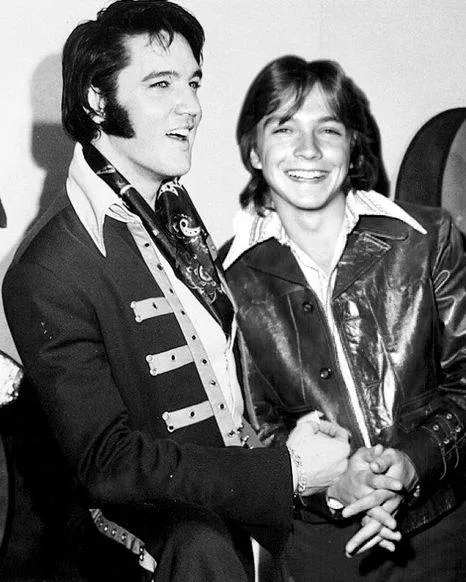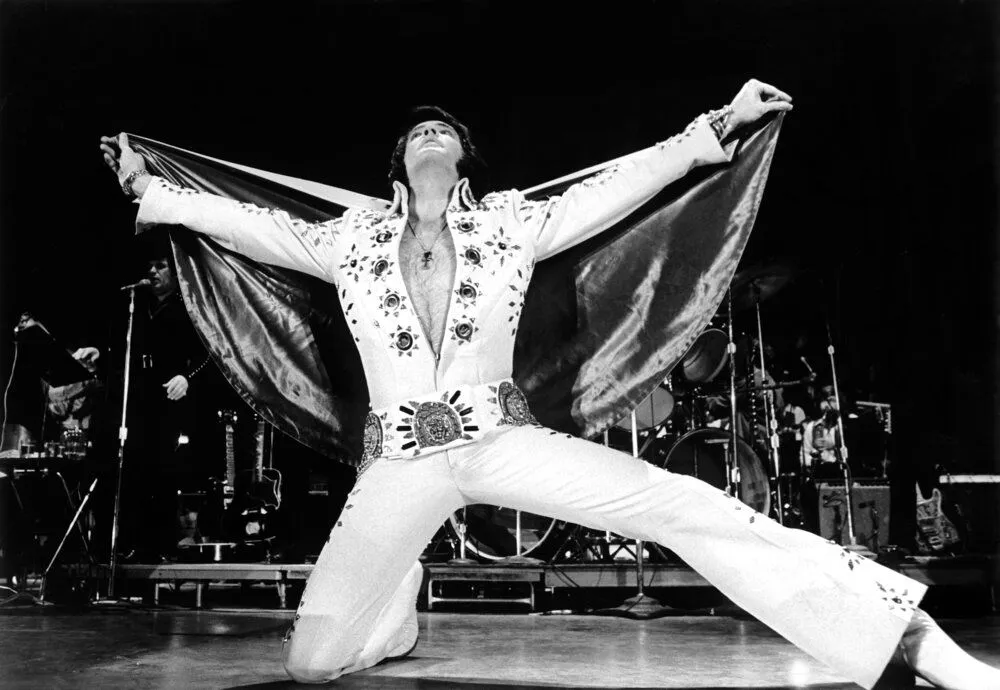Elvis Presley, the King of Rock and Roll, is synonymous with electrifying performances, rebellious charm, and a music career that forever altered the landscape of popular culture. Yet, in 1969, Elvis took a surprising turn, starring in the musical film "Change of Habit" alongside Mary Tyler Moore. This seemingly unorthodox choice sheds light on Elvis's adaptability as an actor and the evolving film industry of the late 1960s.

"Change of Habit" placed Elvis in the role of Dr. John Carpenter, a dedicated physician working in a troubled inner-city clinic. When three undercover nuns (played by Moore, Barbara McNair, and Jane Elliot) arrive to assist him, a clash of cultures ensues. Dr. Carpenter, with his rock and roll swagger, finds himself charmed by Sister Michelle (Moore), a young nun yearning to connect with the community.
The film's premise was a departure from Elvis's usual roles, which often portrayed him as a charismatic rebel or heartthrob. Here, he tackled a more subdued character focused on social issues. Dr. Carpenter grapples with poverty, gang violence, and the fight for social justice - themes quite different from the lighthearted romances that dominated his earlier films.

Despite the shift in character, Elvis still brought his musical talent to the table. The film featured several original songs, including the upbeat "Have a Happy" and the poignant "Let's Pretend." While these numbers lacked the raw energy of his early rock and roll hits, they showcased his vocal versatility and ability to adapt to different musical styles.
The critical reception of "Change of Habit" was mixed. Some reviewers praised Elvis's acting as a welcome departure from his usual persona. Others, however, found the film's plot predictable and the musical numbers forced. However, the film did find an audience, particularly among those looking for a more socially conscious Elvis.

"Change of Habit" also reflected the changing landscape of Hollywood in the late 1960s. The era saw a move away from formulaic musicals and teen idol vehicles. Films began tackling more serious themes and exploring social issues. "Change of Habit," with its focus on inner-city struggles, was a product of this changing environment.
For Elvis, the film represented an attempt to diversify his career and potentially attract a wider audience. However, his Hollywood journey had hit a rough patch by 1969. His earlier films, while commercially successful, were often criticized for their predictable plots and lack of artistic merit. "Change of Habit" aimed to break free from this mold.

Looking back, "Change of Habit" remains a unique entry in Elvis's filmography. It stands out for its focus on social issues and its departure from his typical rock and roll persona. While it may not be considered a classic, the film offers a glimpse into Elvis's willingness to experiment and his adaptability as an actor.
The film also holds historical significance. It captures a moment in Elvis's career where he seemed to be searching for a new direction. Although commercially less successful than his earlier films, "Change of Habit" serves as a reminder of Elvis's desire to evolve as an artist and a testament to the changing landscape of popular culture in the late 1960s.














